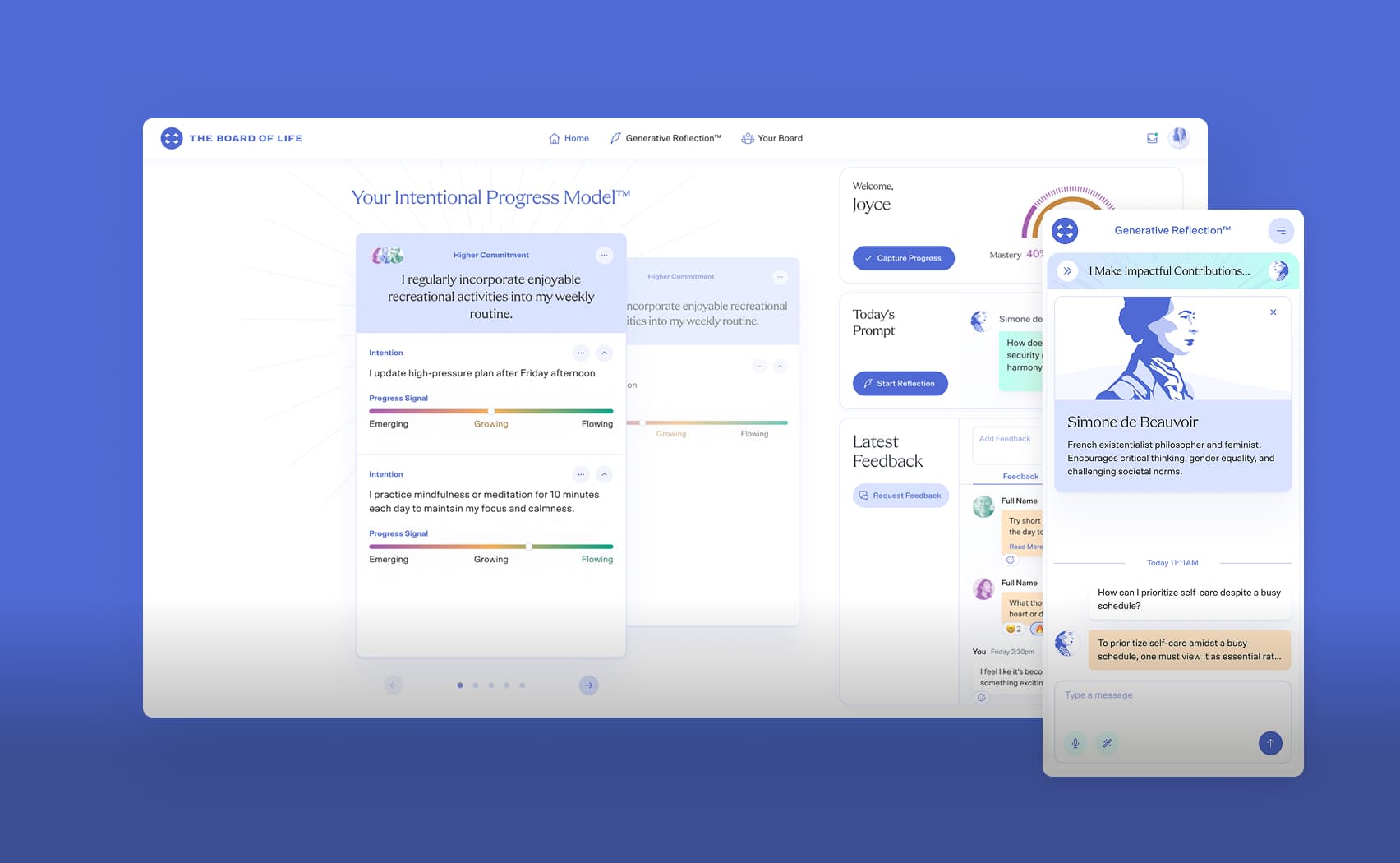From Service Objects to Object Design
As technology evolves and our understanding of scalable and maintainable code deepens, optimizing software architecture becomes paramount. In the realm of Ruby programming, the concept of Service Objects has long been a cornerstone in managing complex business logic. A couple of days ago, I got an email from OneTribe’s AppSignal that included information about the issue that I already have seen several times and didn’t have enough time and willingness to work on it.
TL;DR;
Service objects were discussed many times by several authors. Usually, they are a code smell, and I will not try to explain why again. I will show a practical example of refactoring a service object into an object-orientated code.
I will not try to blame anybody; probably, it was me who clicked the “Approve” button on the PR that introduced the code listed below. Anyway, I believe it is always better to return and work on your mistakes.
I will not try to blame anybody; probably, it was me who clicked the “Approve” button on the PR that introduced the code listed below. Anyway, I believe it is always better to return and work on your mistakes.
The sign of the poor design
The issue was relatively small and easy. OneTribe integrates with Slack, which includes a status change feature: when somebody takes time off, Slack user status will be updated with an emoji and text accordingly.
Besides having a OneTribe application for production, we have another one – that is used for development and testing; since it is not published, it works only with our workspace, and its tokens are getting revoked every X months (I don’t remember exactly), which causes an exception when we try to use revoked token for API calls. This exception is not handled anyhow and is raised directly to AppSignal.
Below is the excerpt from the code that caused the
Besides having a OneTribe application for production, we have another one – that is used for development and testing; since it is not published, it works only with our workspace, and its tokens are getting revoked every X months (I don’t remember exactly), which causes an exception when we try to use revoked token for API calls. This exception is not handled anyhow and is raised directly to AppSignal.
Below is the excerpt from the code that caused the
Slack::Web::Api::Errors::TokenRevoked exception. TimeOff class implements a time off object and has different states, and the day it starts, it becomes a “current” time off; at the beginning of this day (for the user's time zone), we update the user Slack status.# app/workers/time_off/starts_today_worker.rb
class TimeOff::StartTodayWorker
include ApplicationWorker
urgency :low
sidekiq_options retry: false
def perform
timezones = Utils::TimeZone.all_for_hour(8)
dates = Utils::TimeZone.dates_in_timezones(8)
return if timezones.blank?
TimeOff
.approved
.starts_on(dates)
.member_timezone_in(timezones)
.find_each do |time_off|
time_off.deliver_start_today_notification
time_off.change_slack_status
end
end
end
# app/models/time_off.rb
class TimeOff < ApplicationRecord
# ...
def change_slack_status
if slack_authorization.present? && (type.status_text.present? || type.status_emoji.present?)
::Slack::StatusChangeService.new(authorization: slack_authorization).call(
status: type.status_text,
emoji: type.status_emoji,
expiration: member.time_in_timezone(end_date + 1.day).to_i
)
end
end
end
What is wrong with this code? Method
Where should I put the rescue block for
But the biggest question goes to the
change_slack_status is defined in TimeOff class. What does it mean? What Slack status did it change? The body of the method also asks a lot of questions. What is slack_authorization, and why is it an attribute or a method of TimeOff instance?Where should I put the rescue block for
Slack::Web::Api::Errors::TokenRevoked exception? To the TimeOff class? And what this rescue block should do? It should probably nilify the token that has been used for API calls. But the token belongs to the user, not the the time off. It would be weird to remove associations from the user in the rescue block inside TimeOff class (this will violate the Law of Demeter).But the biggest question goes to the
Slack::StatusChangeService object.Service Objects in Ruby
The strengths of object-oriented programming lie in its capacity to imbue objects with both behavior and data, thereby equipping them with potent functionalities. Additionally, this approach facilitates a more coherent alignment of objects with the underlying concepts in the domain model, resulting in more easily understandable code for developers.
# app/services/slack/status_change_service.rb
class Slack::StatusChangeService
extend Dry::Initializer[undefined: false]
option :authorization
def call(status:, emoji:, expiration:)
client.users_profile_set(profile: profile_params(status, emoji, expiration))
end
protected
def client
@client ||= ::Slack::Web::Client.new(token: authorization.payload['authed_user']['access_token'])
end
def profile_params(status, emoji, expiration)
params = {
status_text: status,
status_emoji: emoji,
status_expiration: expiration
}
params.to_json
end
end
Service objects deprive us of these advantages and may lead to other code problems.
- Potential for God Objects: Service objects can evolve into "God objects" aware of too many aspects of the system, leading to tightly coupled code that's hard to extend or modify without affecting other parts of the application.
- Obfuscation of Business Logic: In some instances, excessive use of service objects can scatter the business logic across multiple small classes, making it hard to comprehend the entire flow of the application.
- Maintenance Overhead: When a codebase is riddled with numerous service objects, maintaining, updating, and debugging them can become challenging. This can increase the cognitive load for developers trying to understand the code.
- Reduced Readability and Discoverability: An abundance of service objects might make it difficult for new project developers to understand where to find specific functionality, affecting code discoverability and readability.
Refactoring
My approach to refactoring involves identifying distinct responsibilities within the service object and extracting them into separate classes or modules. The class above implements a request to Slack API to change member status – icon and text shown next to the member name. OneTribe uses it to notify team members about current timeoffs visually.
What objects are we working with? Time off is the most obvious, and we already know about it. Time off belongs to Member, which represents a user from the company and has already been implemented. However, there is one more type that has been missed – SlackStatus. Let's try to implement it.
What objects are we working with? Time off is the most obvious, and we already know about it. Time off belongs to Member, which represents a user from the company and has already been implemented. However, there is one more type that has been missed – SlackStatus. Let's try to implement it.
# app/lib/member/slack_status.rb
# Value object that represents a Slack status to be set for a member.
class Member::SlackStatus < Data.define(:status_text, :status_emoji, :status_expiration)
def initialize(status_text:, status_emoji:, status_expiration: nil)
super
end
def as_json
{
status_text: status_text,
status_emoji: status_emoji,
status_expiration: status_expiration
}.compact
end
end
Now, we can return the correct status from the TimeOff class.
# app/models/time_off.rb
class TimeOff < ApplciationRecord
# ...
def slack_status
if type.status_text.present? || type.status_emoji.present?
Member::SlackStatus.new(
status_text: type.status_text,
status_emoji: type.status_emoji,
status_expiration: member.time_in_timezone(end_date + 1.day).to_i
)
end
end
end
So instead of
TimeOff#change_slack_status that changes somebody’s Slack status, we got TimeOff#slack_status that returns the Member::SlackStatus of the selected time off or nil. Now TimeOff#slack_status deals with TimeOff (self) Member::SlackStatus and NilClass. We can eliminate nil values entirely. Let’s rewrite the code above.# app/lib/member/slack_status.rb
# Value object that represents a Slack status to be set for a member.
# It is used in TimeOff::StartTodayWorker to set the status for a member that has a time off starting today.
class Member::SlackStatus < Data.define(:status_text, :status_emoji, :status_expiration)
def initialize(status_text:, status_emoji:, status_expiration: nil)
super(
status_text: status_text || OneTribe::EMPTY_STRING,
status_emoji: status_emoji || OneTribe::EMPTY_STRING,
status_expiration: status_expiration
)
end
# Initialize new Member::SlackStatus we empty string status_text and status_emoji.
def self.default
new(status_text: OneTribe::EMPTY_STRING, status_emoji: OneTribe::EMPTY_STRING)
end
def ==(other)
(status_text == other.status_text) && (status_emoji == other.status_emoji)
end
def default?
self == self.class.default
end
def as_json
{
status_text: status_text,
status_emoji: status_emoji,
status_expiration: status_expiration
}.compact
end
end
With this final edits, we can simplify
TimeOff#slack_status.# app/models/time_off.rb
class TimeOff < ApplciationRecord
# ...
def slack_status
Member::SlackStatus.new(
status_text: type.status_text,
status_emoji: type.status_emoji,
status_expiration: member.time_in_timezone(end_date + 1.day).to_i
)
end
end
Finally, we can implement status change methods in the
Member class.# app/models/member.rb
class Member < ApplicationRecord
# ...
def set_slack_status(status, force: false)
return unless slack_client
return if status.default? && !force
slack_client.users_profile_set(profile: status.to_json)
rescue Slack::Web::Api::Errors::TokenRevoked => _e
slack_authorization.destroy!
false
end
def reset_slack_status
set_slack_status(Member::SlackStatus.default, force: true)
end
# ...
private
def slack_client
if slack_authorization
::Slack::Web::Client.new(
token: slack_authorization.payload['authed_user']['access_token']
)
end
end
end
The final change will be in a worker that has already been seen at the beginning of this text.
# app/workers/time_off/starts_today_worker.rb
class TimeOff::StartTodayWorker
# ...
def perform
timezones = Utils::TimeZone.all_for_hour(8)
dates = Utils::TimeZone.dates_in_timezones(8)
return if timezones.blank?
TimeOff
.approved
.starts_on(dates)
.member_timezone_in(timezones)
.find_each do |time_off|
time_off.deliver_start_today_notification
time_off.member.set_slack_status(time_off.slack_status)
end
end
end
Let’s go through the list of changes that were made:
- We’ve implemented the new type –
Member::SlackStatus, which is now used only to represent the status created from the time off. However, it does not matter which part of the system instantiates this object; it will still be relevant. -
Slack::StatusChangeServicehas been removed. The most significant and visible change is removing a part of the code that does not follow object-orientated principles and guidelines. - The code that has been used to change the status has been moved from the
TimeOffclass toMember; now, this part of the code follows the Law of Demeter. - Last, I’ve managed to fix the issue with revoked Slack tokens.
Conclusions
In conclusion, refactoring service objects in Ruby presents a crucial opportunity to enhance a codebase's maintainability, scalability, and overall quality. Through careful analysis and thoughtful restructuring, developers can effectively break down monolithic service objects into smaller, more focused classes or modules. This process allows for better adherence to the Single Responsibility Principle (SRP), improving code readability and facilitating more straightforward maintenance.
Keeping it simple often works wonders!
Keeping it simple often works wonders!



